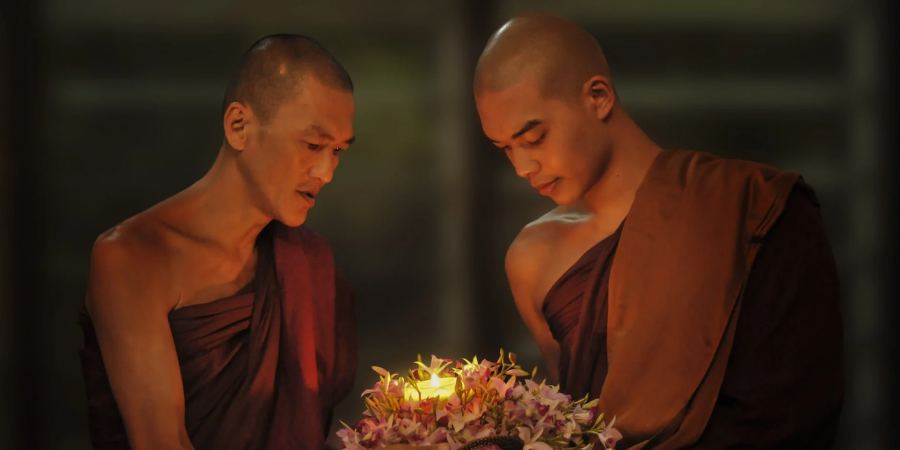

Buddha, otherwise called Gautama Buddha or Siddhartha Gautama, was a profound instructor and the pioneer behind Buddhism. He lived in old India during the sixth to fourth century BCE. Buddha's lessons and reasoning lastingly affect the world, shaping the existences of millions of individuals and impacting the advancement of different societies and social orders.
Siddhartha Gautama was naturally introduced to an illustrious family in Lumbini, present-day Nepal. As per custom, his introduction to the world was joined by promising signs and predictions anticipating his future significance. His dad, Lord Suddhodana, looked to safeguard him from the misery and difficulties of the world by giving a shielded and rich life inside the royal residence walls.
Notwithstanding, as Siddhartha became older, he turned out to be progressively mindful of the experiencing that existed external the royal residence. He saw infection, advanced age, and passing, which profoundly impacted him and ignited a craving to look for replies to the major inquiries of human life: For what reason do we endure, and how might we track down enduring joy?
At 29 years old, Siddhartha went with the groundbreaking choice to leave his castle and set out on a profound journey as a parsimonious. He disavowed his special life, including his regal title, and set out into the world to look for edification. For a long time, he concentrated on under different famous educators, rehearsed outrageous starknesses, and participated in profound reflection.
Nonetheless, Siddhartha before long understood that outrageous plainness didn't prompt the responses he looked for. He took on a center way, which dismissed both outrageous guilty pleasure and outrageous self-embarrassment. This acknowledgment came to him during a significant contemplation under a Bodhi tree in Bodh Gaya, India.
It was as of now that Siddhartha accomplished edification and turned into the Buddha, and that signifies "the stirred one" or "the illuminated one." He had acquired profound experiences into the idea of the real world, the reasons for anguish, and the way to freedom from misery, known as the Four Respectable Bits of insight and the Honorable Eightfold Way.
The Four Honorable Insights express that enduring is an intrinsic piece of presence, that experiencing emerges connection and hankering, that it is feasible to end enduring by defeating connection, and that the way to end enduring is through the Respectable Eightfold Way. The Respectable Eightfold Way comprises of eight standards: right view, right aim, right discourse, smart activity, right occupation, right exertion, right care, and right fixation. Following this way prompts the discontinuance of torment and the fulfillment of nirvana, a condition of freedom and extreme harmony.
Subsequent to accomplishing edification, Buddha spent the remainder of his life showing his experiences and spreading his message of sympathy, shrewdness, and freedom. He went all through northern India, gathering followers and laying out ascetic networks. Buddha's lessons were striking for their inclusivity, as he invited individuals from varying backgrounds and showed them how to discover a lasting sense of reconciliation and opportunity.
Buddhism underscores individual experience and individual obligation regarding one's own freedom. Buddha urged his adherents to research his lessons, test them through their own insight, and really at that time acknowledge them. His lessons were sent orally by his supporters for quite some time prior to being recorded in different Buddhist sacred texts.
Buddha's effect on the world couldn't possibly be more significant. His lessons have spread across Asia and have been adjusted into various social and philosophical practices. Today, Buddhism is one of the significant world religions, with a great many supporters around the world.
Buddha's lessons keep on moving individuals to develop care, sympathy, and shrewdness in their lives. His accentuation on the temporariness, all things considered, the interconnectedness, everything being equal, and the significance of moral direct resounds with individuals looking for profound satisfaction and a more sympathetic and significant presence
.
By and large, Buddha's life and lessons act as a significant wake up call that the way to illumination and freedom exists in every person and that the destruction of enduring is feasible through self-change and the development of shrewdness and empathy.


